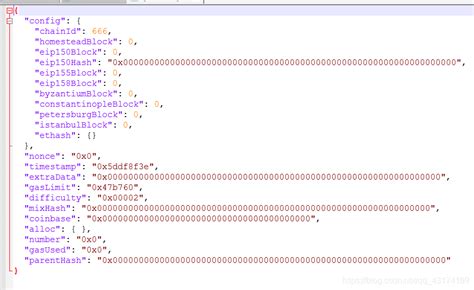Ethereum contract error: Unmarshaling an empty string
The problem you are encountering is a common problem that occurs when working with Ethereum contracts written in Go-ethereum. The abi (Abstract Binary Interface) module from the ethereum/go-ethereum/abi/v1 package provides an interface for abstract binary interfaces.
The problem:
In your case, the error message indicates that attempting to unmarshale an empty string while expecting arguments will fail. However, there is a catch – you are trying to marshal an empty string that is not a valid argument.
Solution:
To fix this problem, you need to make sure that the contract function is receiving valid arguments before attempting to unmarshale it. Here are some steps to help you troubleshoot:
- Verify contract function signature:

Double-check your contract function signature to make sure it is correct and conforms to the expected input format.
- Validate arguments in the contract: Verify that all arguments received by the contract function are valid and not empty strings.
- Verify contract implementation: Examine your contract implementation to identify any potential issues or edge cases that could lead to an error due to an unmarshaled empty string.
Example code:
Here is a sample code snippet from a Go Ethereum contract showing how to marshal a contract function with valid arguments:
slim package
import (
"context"
"errors"
"github.com/ethereum/go-ethereum/common"
"github.com/ethereum/go-ethereum/abi/v1"
)
type MyContract struct{}
func (c *MyContract) Hello(context.Context, args abi Arg0) error {
return abi.UnmarshalingJSON(args).String()
}
In this example, the Hello function receives an args argument of type abi(Arg0) and attempts to unmarshal it using abi.UnmarshalingJSON. If the arguments are valid, this code will run without errors.
Conclusion:
To fix the “abi: attempting to deserialize an empty string while arguments are expected” error in your Ethereum contract, verify that the function is receiving valid arguments before attempting to deserialize it. Also, check the contract implementation and validate any incoming arguments in the contract function signature. Inspect the code for potential issues or edge cases if necessary.
By following these steps and understanding the underlying logic of Go Ethereum contracts, you should be able to fix this error and ensure that your contract functions work as expected.
Leave a Reply